

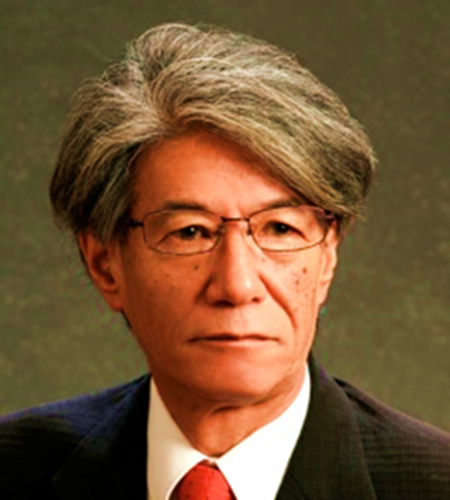





Affiliation:Professor and Director
Research Institute of Electrical Communication, Tohoku University,
Director
Center for Spintronics Integrated Systems, Tohoku University,
Professor
Center for Innovative Integrated Electronic Systems, Tohoku University,
Principal Investigator
WPI-Advanced Institute for Materials Research, Tohoku University,
Director
Center for Spintronics Research Network, Tohoku University
Academic Background:Ph. D, Electronic Engineering, University of Tokyo
Research field:Spintronics, Applied Physics, Electronic Engineering
Awards and Recognition:IBM Japan Science Award,
IUPAP Magnetism Prize,
Japan Academy Prize,
Presidential Prize for Research Excellence of Tohoku University,
The 2005 Agilent Technologies Europhysics Prize,
IEEE Magnetics Society
Distinguished Lecturer 2009,
Thomson Reuters Citation Laureate,
JSAP Outstanding Achievement Award,
IEEE David Sarnoff Award,
JSAP Compound Semiconductor Electronics Achievement Award,
Leo Esaki Prize,
C&C Prize
Ohno Laboratory, Tohoku University
Center for Spintronics Integrated Systems, Tohoku University
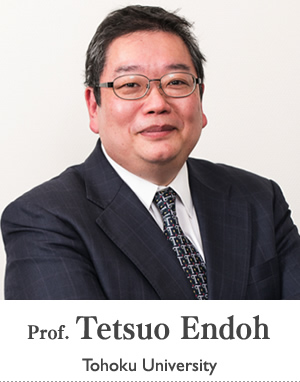
Affiliation:
Professor:TOHOKU University Graduate School of Engineering Department of Electrical Engineering
Director: TOHOKU University Center for Innovative Integrated Electronic Systems
Research field:
Integrated Circuit, Non-volatile memory, Non-volatile logic, Power management,
Power devices, Power electronics
TOHOKU University Endoh Muraguchi Lab.
TOHOKU University Center for Innovative Integrated Electronic Systems
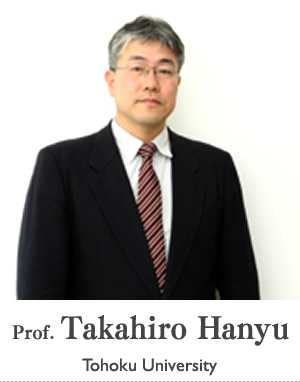
Affiliation:
Professor, Research Institute of Electrical Communication, Tohoku University
Research field:
High-performance, ultra-low-power and highly reliable VLSI processor and its application to IoT systems, Circuit and architecture design methodology for nonvolatile logic-in-memory LSI, Brain-inspired LSI and its system applications

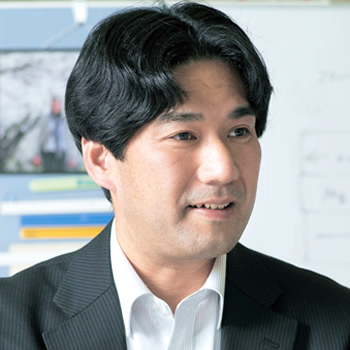

Affiliation:National Institute of Advanced Industrial Science and Technology (AIST)
Academic Background:Dr. Shinji Yuasa received a PhD in Physics from Keio University in 1996. After receiving his doctorate,he served as a staff scientist at the Electrotechnical Laboratory (Tsukuba, Japan), where he worked on spin-dependent transport in metallic magnetic multil ayers. Since 2001, he has been a staff scientist at theNational Institute of Advanced Industrial Science and Technology (AIST), working on the physics and device applications of magnetic tunnel junctions (MTJs). Since 2010, he has been a Director of the Spintronics Research Center at AIST. He has given more than 100 invited talks at international conferences. For his achievement of the giant tunnel magnetoresistance (TMR) effect in MgO-based MTJs, he has been awarded or co-awarded more than 20 prizes, including the Asahi Award in 2007 and Distinguished Lecturer of IEEE Magnetic Society in 2012.
Research field:materials Science, magnetics, spintronics
Awards and Recognition:The Science and Technology Prize (2016), the Commendation for Science and Technology by the Minister of Education, Culture, Sports, Science and Technology on “Studies on giant tunnel magnetoresistance effect”.
JSPS Prize (2010) on “Development of High Performance Magnetic Tunnel Junction Devices”.
Tsukuba Prize (2009) on “Discovery of giant tunnel magnetoresistance in MgO-based magnetic tunnel junctions and its industrial applications”. A prize of 5 million yen was awarded for S. Yuasa and Y. Suzuki.
Inoue Harushige Prize (2009) on “Magnesium oxide tunnel magnetoresistive element and its mass production technology”.
Prime Minister Prize (2008) on “Development of high-performance magnetic tunnel junctions for ultra-high-density hard disk drives”.
Asahi Award (2008) on ‘‘Studies on development and application of tunnel magnetoresistive effect (TMR)”.
IBM Japan Science Prize (2007) on “Studies on tunnel magnetoresistive effects and their application”.
Tokyo Techno Forum 21 Gold Medal Prize (2006) on “Study on spintronics technology for MRAM”.
Marubun Science Prize (2006) on “Study on tunnel magnetoresistance effect”.
Ichimura Science Prize (2005). A prize of 1 million yen was awarded for S. Yuasa.
The Young Scientists’ Prize (2005), the Commendation for Science and Technology by the Minister of Education, Culture, Sports, Science and Technology on “Development of MgO-based magnetic tunnel junctions”.
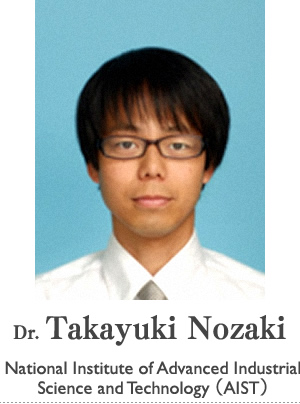
Affiliation:
National Institute of Advanced Industrial Science and Technology (AIST), Spintronics Research Center,
Research field:
Magnetic multilayers, Magnetoresistance, Voltage control of magnetic properties
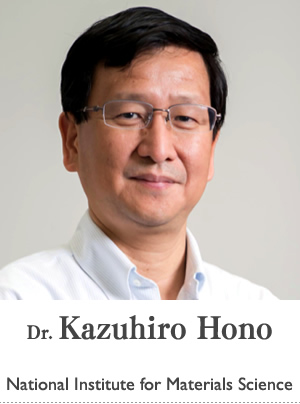
Affiliation:
Research Center for Magnetic and Spintronic Materials, National Institute for Materials Science
Research field:
Magnetic Materials, Magnetic Recording Media, Spintronic Materials, Magnetoresistive Devices, Strucgure analysis by 3DAP and TEM
Research Center for Magnetic and Spintronic Materials, National Institute for Materials Science
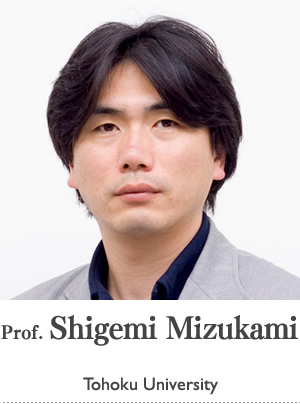
Affiliation:
Professor, Dr. of Eng.
WPI - Advanced Insitute for Materials Research, Tohoku University
Research field:
Spintronics devices, Mgnetic material films,
device characterization with utrafast light pule
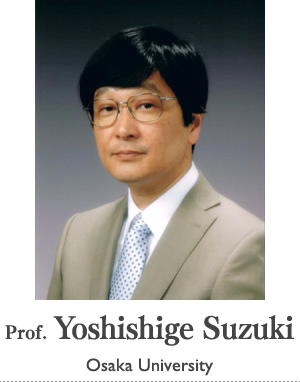
Affiliation:
Osaka University,
Graduate School of Engineering Science
National Institute of Advanced Industrial
Science and Technology(AIST)
National Institute for Materials Science(NIMS)
Research field:
Spintronics
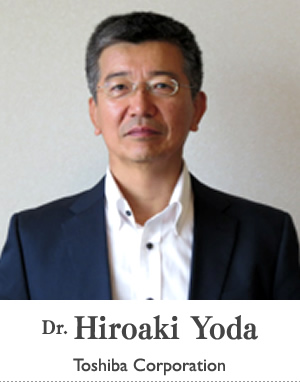
Affiliation:
Corporate Research & Development Center
Research field:
MRAM,Spin Transfer Torque writing, Voltage Control Magnetic Anisotropy, Spin Orbit Torque writing, Switching mechanism of nano-magnet, MTJ material, deposition, &etching, MRAM Integration.
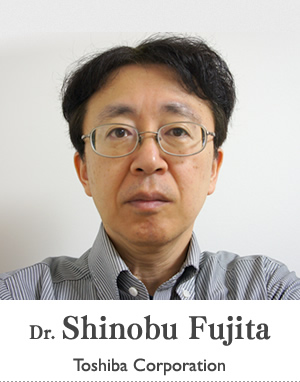
Affiliation:
Corporate Research & Development Center
Research field:
Nonvolatile Memory Systems and Applications,
Semiconductor Memory Architect
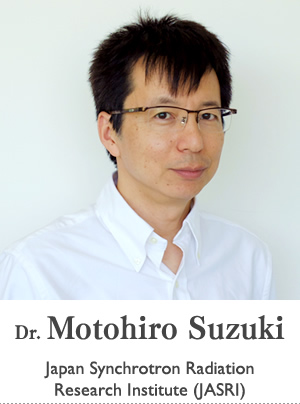
Affiliation:
Japan Synchrotron Radiation Research Institute (JASRI), Research & Utilization Division, Senior Scientist, MCD Team Leader, D. Sc.
Research field:
Synchrotron X-ray absorption spectroscopy in magnetic materials and development of reated techniques, earned the Award for Young Scientist of the Physical Society of Japan

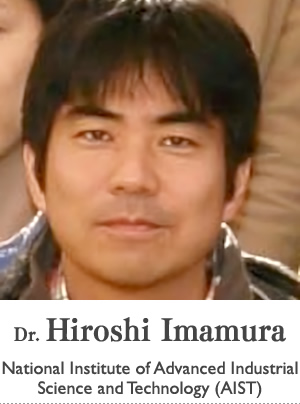
Affiliation:
National Institute of Advanced Industrial Science and Technology (AIST)
Spintronics Research Center
Theory Team, Team Leader
Research field:
Theoretical research for development of spintronics devices
National Institute of Advanced Industrial Science and Technology (AIST)
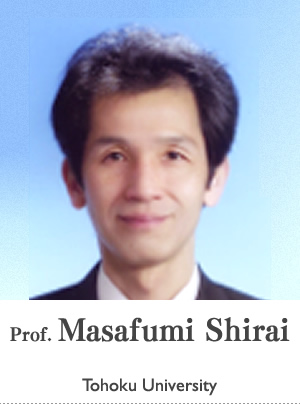
Affiliation:
Risearch Institute of Electrical Communication, Tohoku University, Professor; Center for Spintronics Research Network, Tohoku University, Deputy Director; Doctor of Engineering (Osaka University).
Research field:
Materials design, Condensed Matter Theory, Spintronics.
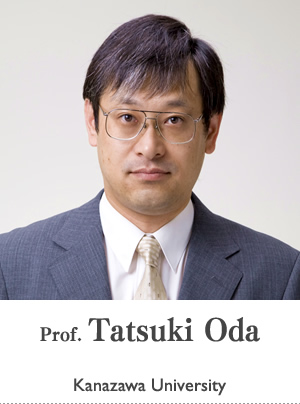
Affiliation:
Professor, Faculty of Mathematics and Physics, Institute of Science and Engineering, Kanazawa University
Research field:
Theoretical material physics and computational material science. In particular, intersecting field among the three key words of Nanoscience, Magnetism, and First-Principles Molecular Dynamics, are mainly studied. The interface of perpendicular magnetization is one of interesting fields. A large scale computer is used to clarify a tiny scale of energy.
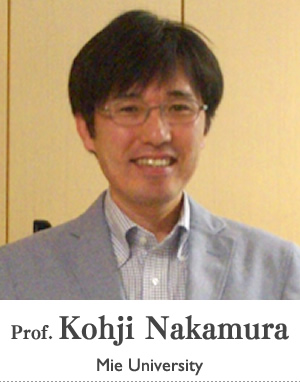
Affiliation:
Mie University
Research field:
development of first?principles calculation methods and their use for invesitigations on noncollinear magnetism, magnetocrystalline anisotropy, and external electric field?induced magnetic phenomena at surfaces and interfaces
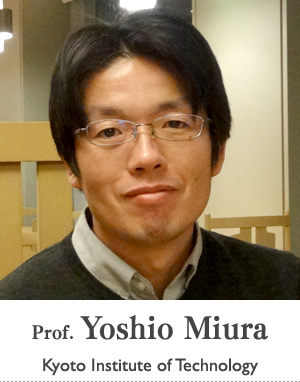
Affiliation:
Kyoto Institute of Technology, Associate Professor (NIMS, CMSM&MI2I, Special Researcher)
Research field:
Theoretical study on spin related physics such as magnetoresistance, magneto-crystalline anisotropy and magnetic damping